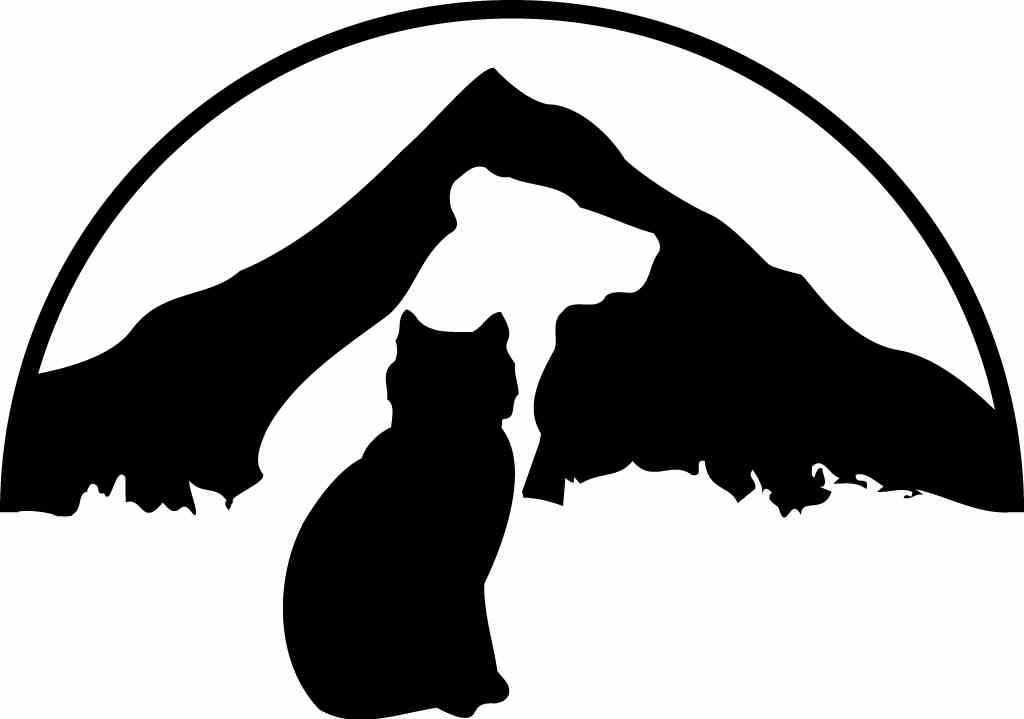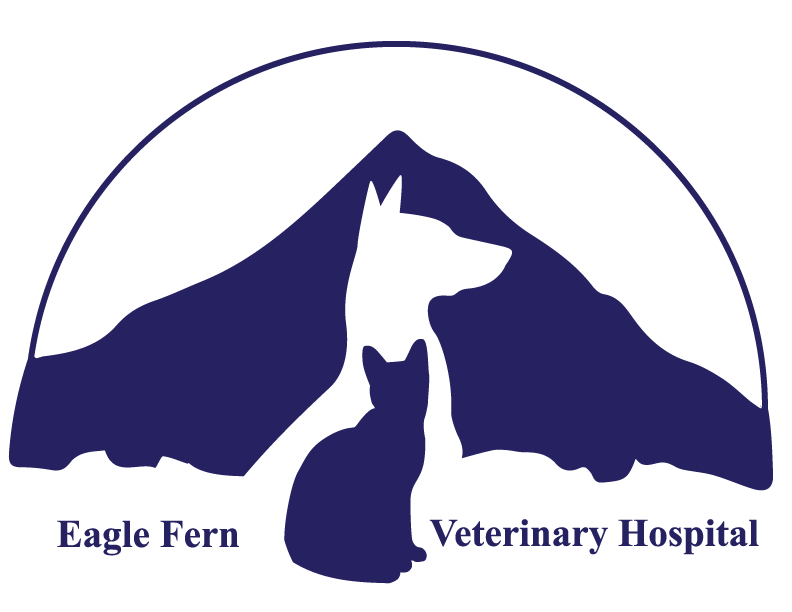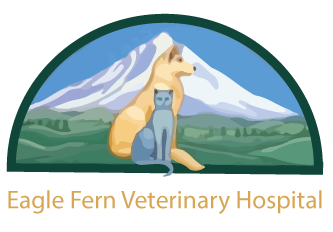 Salmon Poisoning Salmon Poisoning
Salmon poisoning is a gastrointestinal disease seen in dogs that have eaten any part of raw or undercooked salmon, trout or steelhead that is infected with a fluke parasite. The fish gets the parasite by eating a snail. The parasite is infected with an organism called Rickettsia. It is the Rickettsia organism that causes the disease in dogs. Cooking of the fish will destroy the organism.
The symptoms of salmon poisoning can develop 1-3 weeks after the dog has eaten the fish. Affected dogs will have a high fever, lack of appetite, vomiting, diarrhea, dehydration, and enlarged lymph nodes. If not treated, the animal will become dehydrated and septic, and may die.
Diagnosis is based on history of consumption of fish, symptoms, the presence of fluke eggs in the stools, and an increase of white blood cells on a complete blood count.
Treatment depends on the severity of symptoms at the time of diagnosis. If the dog is alert, not dehydrated and does not have severe vomiting or diarrhea, it can be given an intravenous injection of antibiotic and an injection to treat for fluke infection. It is then sent home with oral antibiotics and possibly an electrolyte solution given orally or subcutaneously. A easily digestible low-fat diet (Hill's I/D or 1 part low fat cottage cheese or boiled hamburger or chicken to 3 parts boiled white rice) is given for 2-3 days. If the dog vomits or does not respond in a few days, it should be admitted to the hospital for more intensive care.
Intensive treatment includes intravenous fluid therapy to supply fluids, dextrose, and electrolyte supplementation. Antibiotics are given to guard against potential bacterial sepsis and to kill the Rickettsia organism. An injection is given to treat for fluke infection. Usually the dog is vomiting, therefore oral intake of fluids and food is stopped. Medications to help with vomiting are given to stop the extra loss of fluid and increase the dog's comfort. Intestinal parasite infections are treated as well. If the dog is not able to eat for extended periods of time, intravenous feeding can be started. Once the dog has not vomited for 12-24 hours, small amounts of water are offered. If no vomiting resumes, a liquid diet or easily digestible low-fat diet is given. The normal diet is gradually reintroduced after appetite and stools have returned to normal.
Once a dog has developed signs of salmon poisoning it is usually immune to the disease for life.
| 
